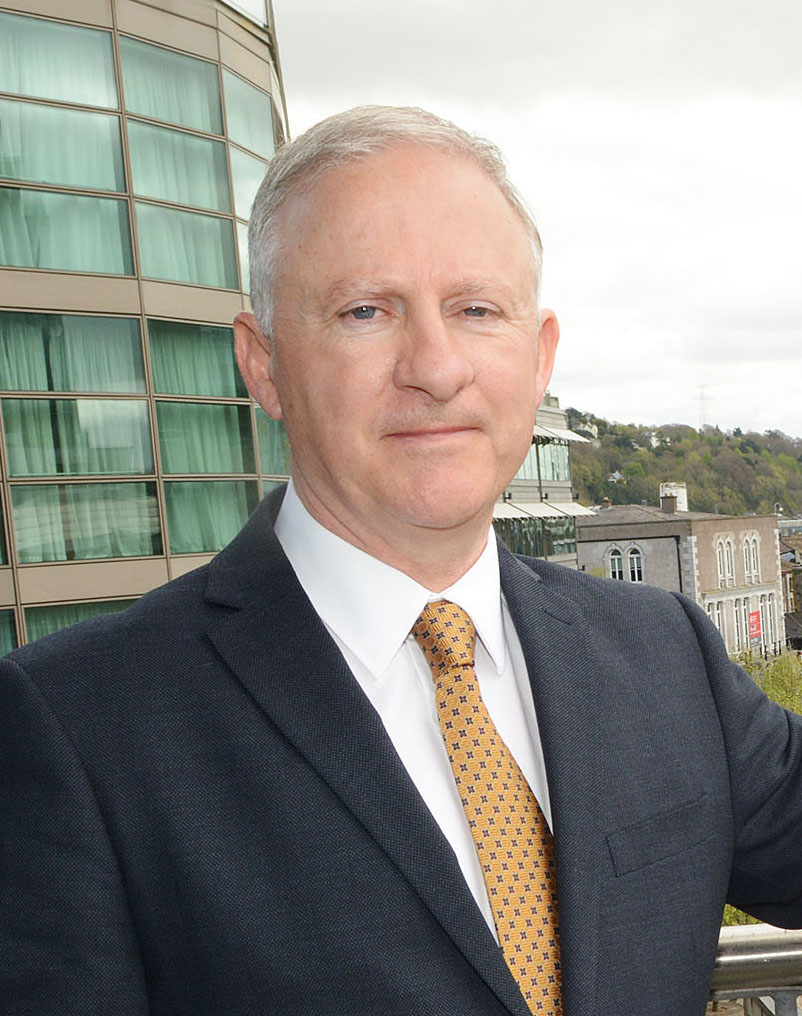Philip O’Leary: Respect and fairness must be keystones of bank culture

Philip O'Leary
Philip O’Leary, managing partner of FitzGerald Legal & Advisory, reflects on his recent appointment to the Irish Banking Culture Board (IBCB) and his role as chairman of the Legal Aid Board.
I was appointed to the Irish Banking Culture Board, an industry initiative established to rebuild trust in the banking sector and promote fair customer outcomes, on 15 April by Mr Justice John Hedigan.
I regard this as an opportunity to advise on the recalibration of the relationship between banks and their customers. Access to credit is a critical part of any economy. While appreciating the critical nature of underwriting in banks’ lending procedures we also need to demystify the terms and conditions so that all parties are fully informed and enter transactions with their eyes wide open.
It is essential to have an arm’s length relationship between bank officials and the public as your bank manager can go from being your best friend when lending you money to your worst enemy when trying to recover the money.
The IBCB is in its infancy, but has hit the ground running with two reports – firstly a survey on bank staff to get a snapshot of the culture that exists today, and secondly a public and stakeholder consultation report emphasising the necessity to rebuild trust between the sector and citizens.
The IBCB will not of itself improve culture or ensure confidence in the banking sector. Only the banks can do that. However, the board has a diverse and motivated membership. A conversation must be had to move from scepticism about banks to confidence in an essential cog for a functioning economy. We have all learned through bitter experience that failure in banking is no longer an option.
Keeping this is mind, I believe treating people with fairness and respect is vital. As chairman of the Legal Aid Board I’ve always sought to put the position of the consumer first. Access to justice is a very important part of our society. Sometimes we take it for granted. It is very important that we keep emphasising that access to the courts for people of modest means is a critical part of our democracy.
We know poverty is not just about access to money; it’s got to do with access to education and access to opportunity including the vindication of legal rights.
I see my Legal Aid Board function as one of running it effectively, overseeing the operation efficiently, and making sure we are getting value for money. Coming from a private-practice background, I’m conscious budgets and targets have to be achieved. During my time as chairman we have improved efficiencies in terms of the output of cases. Five years ago, the waiting list was over 5,000 people; it’s now around 1,700. We are aiming to get to a point where you have a reasonable number on that list – and more importantly a reasonable waiting time in terms of obtaining legal advice.
I want the Legal Aid Board to look at the eligibility levels to make sure that they are adequate and to make sure that people of modest means can obtain adequate legal services from the board. It’s a bit of ‘all-duck-no-dinner’ at the moment. If you have over €18,000 disposable income, you won’t qualify. Sometimes you can have tough cases where applicants are perhaps a couple of hundred euro over that limit.
Equally some of the allowances are idiosyncratic and people with genuinely modest means are caught by the classic poverty trap. They may be in receipt of State benefit, such as Family Income Supplement and therefore do not qualify for legal aid. It’s a Catch-22 situation.
We need to look at a more graduated system, whereby you don’t fall off the cliff just as soon as you’re €5 over the limit. There’s also an argument for ‘consumer-price-indexing’ the eligibility levels, so that they keep pace with inflation. I should add, however, that the Legal Aid Board doesn’t control its budget. The board can only make recommendations to the Minister for Justice and Equality and it’s up to the minister whether those recommendations are approved.

- Philip O’Leary is managing partner of FitzGerald Legal & Advisory. This article first appeared in the Irish Independent.










